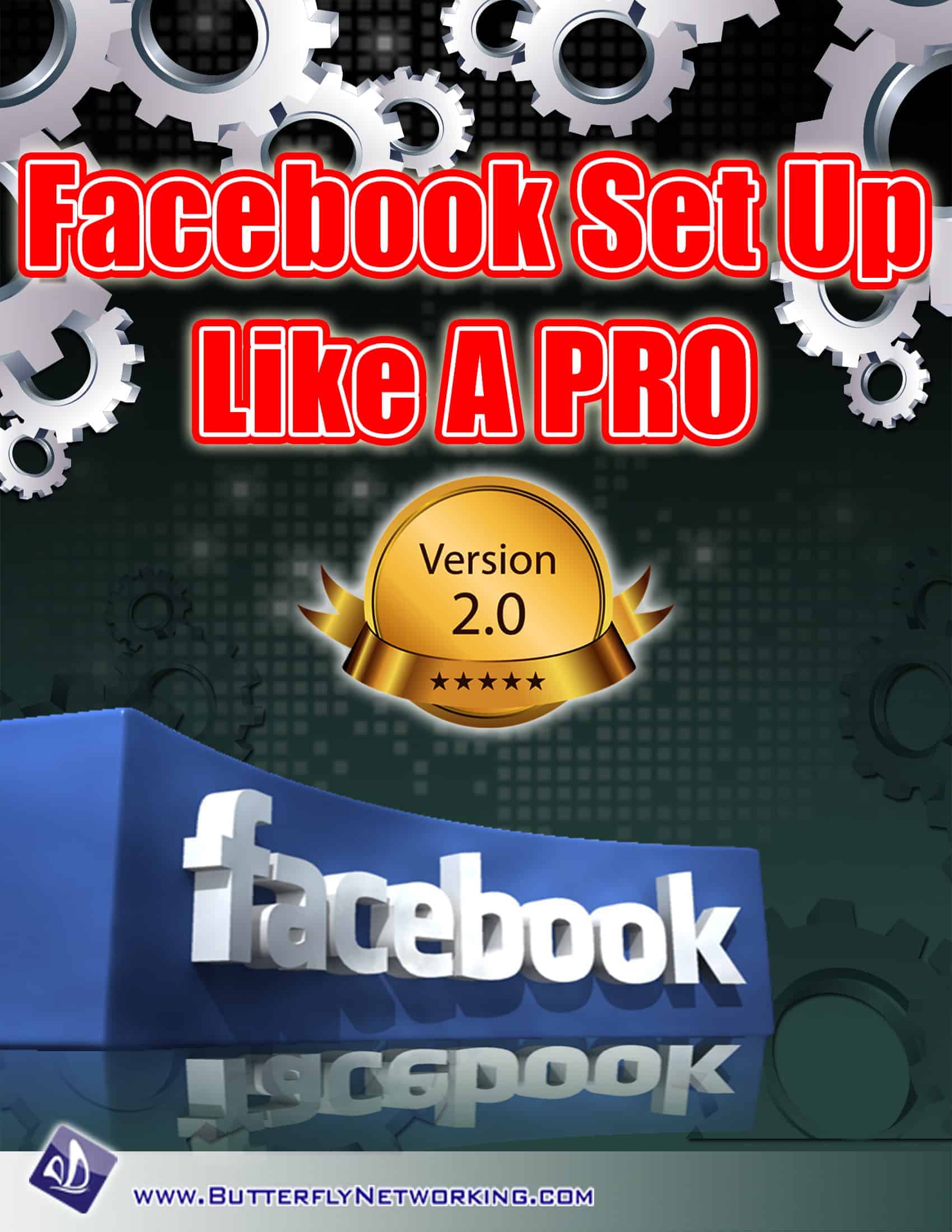The 6 Best eCommerce Website Builders in 2021
ByThe 6 Best eCommerce Website Builders in 2021

Long gone are the days when you had to pay thousands of dollars for a web developer to get an eCommerce site up and running.
There are now dozens of eCommerce website builders with beautiful templates, easy-to-use editors, and helpful marketing tools.
The website builder ecosystem has come along in leaps and bounds over recent years, with new players popping up and big brands doubling down on a space that is growing in popularity.
You can develop a professional-looking and well-optimized website with very minimal design experience.
The trouble is, there are so many website builders available, it’s hard to know which one is the best for you. In this article, I’ll list the 6 best eCommerce website builders on the market and give you an insight into which one is most suitable for your situation.
Let’s jump in!
#1. BigCommerce (Recommended)

BigCommerce is a one-stop shop for online store owners and our number one pick as an eCommerce website builder. On top of its easy-to-use and highly functional site builder, BigCommerce acts as a web host and marketing engine, too.
One of BigCommerce’s top-selling points is its flexibility. What you’ll find as we make our way through this list is that most site builders have limitations in terms of site design – meaning you could end up with a very similar-looking site to your competitors. BigCommerce enables you to differentiate your site with a more open and flexible solution.
Here are a few more of its key features:
- Drag and drop visual editor – Easily create site pages without technical experience.
- Customizable URLs – Don’t get stuck with a store builder generic URL for your website.
- No transaction fees – Pay a subscription rather than a fee every time you make a sale. This is particularly important as you scale up.
- Product variations – Add over 600 products to your store.
- Sell to businesses – Use its B2B functions to ramp up your wholesale business.
- Multi-currency – Sell to a global audience with over 100 supported currencies.
- Increase conversions – Access 70+ native coupon promotions, send customizable abandoned cart emails, and have blazing fast site speeds using Google Cloud Platform infrastructure.
- Integrate with other platforms – BigCommerce integrates with WordPress, Amazon Multi Channel Fulfillment, and more.
All in all, BigCommerce provides a feature-rich eCommerce site builder that will scale with your business. It’s the best solution for a high volume of products.
If, however, you’re building a blog or have a lot of non-product pages, then you may want to check out the other builders on this list.
Try BigCommerce Here.
#2. Squarespace

If design is your thing, then Squarespace won’t disappoint. It’s extremely easy to use and its template library is stunning. While BigCommerce focuses on the nuts and bolts of running an eCommerce site, Squarespace is all about branding and how it looks.
While Squarespace can be used to build eCommerce websites, it’s most popular with designers and creatives looking to launch portfolio websites.
Here are some of Squarespace’s features for eCommerce:
- Templates specific for eCommerce – Created by world-class designers.
- Built-in store functionality – Add products, services, subscriptions, or digital content and collect payments on your website.
- Smartphone app – To manage your store on-the-run, track inventory, and connect with customers.
- Marketing tools – Built in email marketing and SEO tools to expand the reach of your store.
You can get started with Squarespace on a 14-day trial to see if it’s right for you.
Try Squarespace Here.
#3. Zyro

Getting an eCommerce store up and running is super-easy with Zyro. In fact, I’d almost say it’s the easiest process of any builders on this list.
While Zyro doesn’t have all the bells and whistles of BigCommerce, it’s perfectly adequate for launching an online store and is very affordable. Just be aware that you’ll run into some limitations with functionality and may need to upgrade if your store grows.
Some of Zyro’s notable eCommerce features include:
- Multi-platform selling – Set up your store on Facebook, Instagram, and Amazon.
- Ready-to-go templates – The Zyro online store templates are pre-built and easy to use, but don’t have a ton of flexibility.
- Money-back guarantee – Try out Zyro for 30 days and if you’re not happy, get your money back.
- Smart automation – For shipping and delivery updates.
If you’re launching a basic online store with only a single or small group of products, then Zyro could be the builder for you. While it’s simple, it looks nice and functions smoothly.
Try Zyro Here.
#4. Duda

For the most part, Duda gets the job done. It has a clear interface, mobile optimization, and even comes with an option for a free site. Much like Zyro, you can launch a store with Duda in a fairly pain-free manner.
Where Duda falls behind is with its limited eCommerce templates (only three) and integrations.
In saying that, here are a few of Duda’s best eCommerce features:
- Flexible finance options – You can use 40+ payment gateways and Duda takes 0% commission on all sales.
- Omni-channel – Automatically sync your products with multiple platforms including eBay, Facebook, and Amazon.
- Convenient shipping costs – Get real-time shipping quotes from leading carriers such as UPS and FedEx.
Try Duda Here.
#5. Shopify

Out of the box, Shopify offers a powerful website builder with a strong reputation and long list of features. It has a library of professionally designed eCommerce templates, a 14-day free trial, and functionality to build out an entire website – with product pages, a blog, and more.
A key area where Shopify falls behind our top recommendation, BigCommerce, is with the user experience of the site builder. Even though it has tons of customization options and apps – the site editor is a little clunky in my opinion.
Some interesting eCommerce features with Shopify include:
- Custom domains – You can host your site elsewhere but still use a unique domain name.
- Marketing tools – Optimize your site for SEO, run ad campaigns, and analyze reports all from the Shopify dashboard.
- Sell offline – There is a Shopify point-of-sale app you can use to manage sales at a physical store or marketplace.
- Mobile app – The Shopify mobile app lets you manage inventory, track orders, and stay on top of your business.
Shopify is a widely used eCommerce website builder that won’t let you down.
Try Shopify Here.
#6. Wix

If you’re looking for a free website builder with tons of features, Wix might be a good place to start. It has paid plans, of course, but its free starter pack is one of the best options available.
The Wix editor is beautifully designed, it has over 500 eCommerce site templates categorized by industry, and an extensive app market that requires no coding skills to increase the functionality of your site.
Here are some of Wix’s best eCommerce features:
- Simple set up – You can be up and running with a Wix-built store in seven easy steps.
- Source dropshipping suppliers – Expand your range of products by searching the Modalyst marketplace which easily integrates with Wix.
- Critical business insights – Wix has an integrated analytics dashboard that helps you track and analyze your sales.
- Automated promotion – Access a new audience with automated Facebook and Instagram advertising or increase conversions with built-in email campaigns.
Without a doubt, you can build the eCommerce site of your dreams using Wix, but it’s not the simplest site builder on this list and lacks in some other areas. Yes, the drag-and-drop editor is intuitive but when it comes to advanced eCommerce features, Wix simply can’t compete with BigCommerce.
via The 6 Best eCommerce Website Builders in 2021












